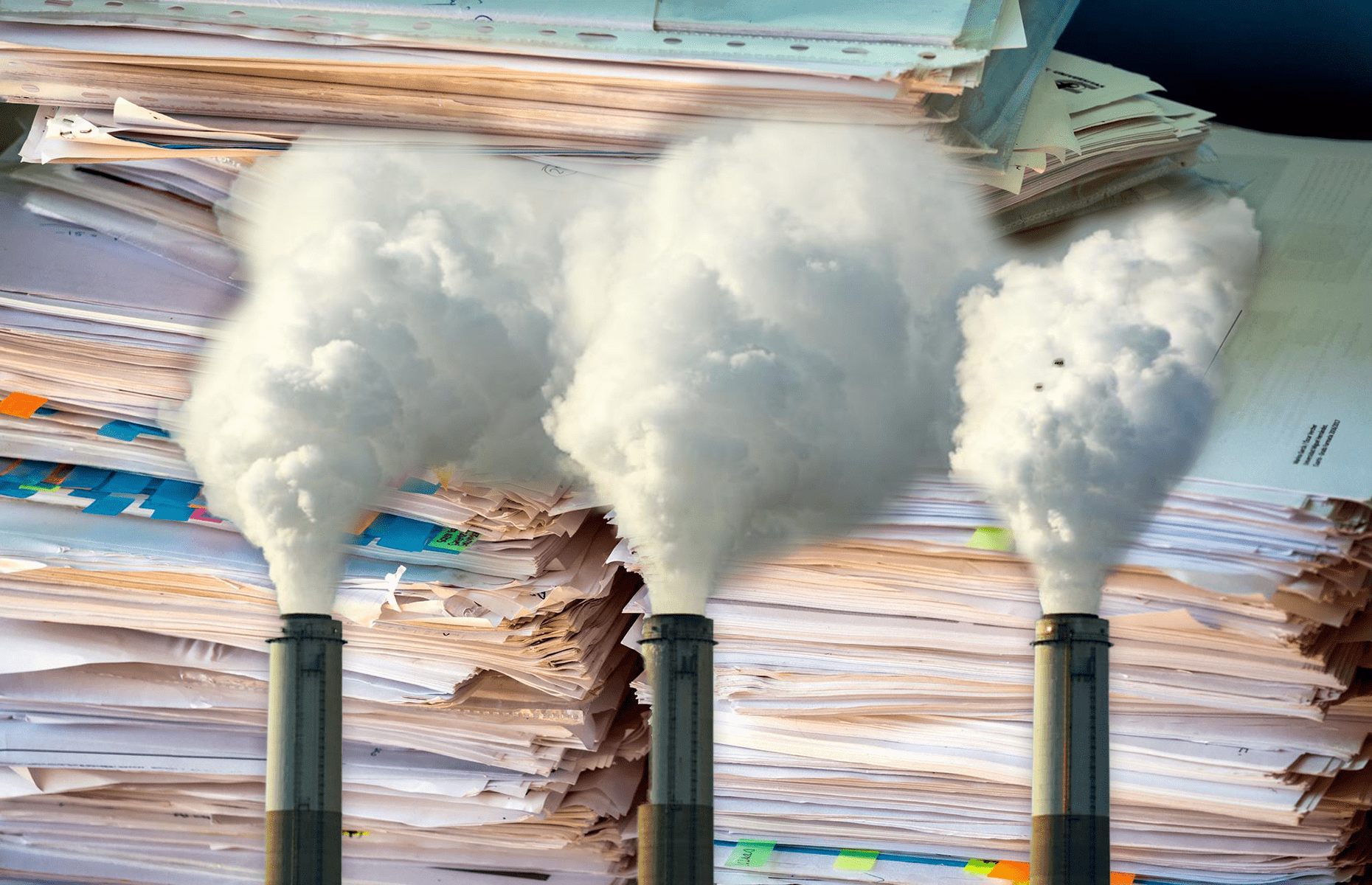Over 500 academics from more than 125 universities across the globe signed an open letter calling on universities to ban funding from fossil-fuel companies for climate-related research on Monday 21 March.
Spearheading the new campaign Fossil Free Research, the letter argues that collaborative partnerships between universities and fossil fuel companies compromises academic freedom. It emphasises that researchers must be free to “determine their own research agendas, speak their minds, and declare their findings without fear of censorship”.
The campaign’s agenda includes “end[ing] the toxic influence of fossil fuel money on climate change-related research in universities” through the coordinated efforts of climate activists, international student divestment, climate experts, academics, and university members.
According to the letter, the issue is not the integrity of academics as individuals, but rather, “it is with the systemic issue posed by the context in which academics must work, one where fossil fuel industry funding can taint critical climate-related research.” The press release further cites the fossil fuel industry’s long history of spreading climate disinformation, and backing anti-climate lobbying groups.
“For climate research to be truly in the public good, it must be free from the ties of the special interest groups that put us here in the first place,” said one signatory, Associate Professor of Paleoecology and Plant Ecology at the University of Maine Dr Jacquelyn Gill.
The letter calls on wealthy governments and universities to commit to supporting fossil-free climate research, and suggests that these partnerships undermine the climate action commitments of universities and compromise their reputations. Describing the business model of the fossil fuel industry as one that is “diametrically opposed to science-led climate action”.
Prominent signatories and figures in the global scientific community include the lead author of the third IPCC Assessment Report Michael Mann, senior IPCC member and 2007 Nobel Peace Prize Winner Gary Yohe, lead author of the sixth IPCC Assessment Report Julia Steinberger, renowned biochemist Sir Thomas Blundell, and a recipient of the 2020 Nobel Prize in Physics, Robert Penrose. Academics from the University of Sydney were also among the letter’s distinguished signatories.
“Higher education is supposed to take science seriously and care about young people’s futures,” says Illana Cohen, a student activist and organiser with Fossil Fuel Divest Harvard and Cambridge Climate Justice.
“Our universities are enabling the companies condemning us to a world of climate catastrophe and injustice.”
The letter points to the ‘greenwashing’ effect of universities in accepting climate-research funding from the fossil fuel companies, where they “inadvertently provide these companies with much-needed scientific and cultural legitimacy.” Fossil Free Research labels this phenomena as a “veneer of credibility” which distracts from the continued investment by fossil fuel companies in the industry, rather than transitioning to green energy.
Between 2010 and 2018, Shell reportedly committed only 1 per cent of its long-term investments in renewable, low-carbon energy such as wind and solar. In their annual report from 2020, Shell allegedly produced an equivalent of 1377 million tonnes of carbon emissions. In the same year, Forbes reported that the company’s annual sales were at 311.6 billion US dollars.
Bob Ward, policy director at the Grantham Research Institute on Climate Change and the Environment from the London School of Economics, argued in The Guardian that fossil fuel companies which “are genuinely committed to the transition, including net zero emissions, can and should receive help from university researchers”. However, he also warns that they “should be careful about accepting funding directly or indirectly from oil, gas and coal companies that are not genuinely committed to the clean energy transition and which are attempting to greenwash their reputations.”
Signatory Peter Kalmus from NASA’s Jet Propulsion Laboratory and the UCLA Joint Institute for Regional Earth System Science and Engineering, also reiterates the role of universities as “ensuring the integrity of research that shapes public discourse and policy making”.
“Our universities must be climate leaders, not climate laggards,” he says.
The University of Sydney has a history of symbiotic relationships with fossil fuel companies. For example, the University had at least $360.37 million indirectly invested in fossil fuel companies such as Santos, BHP and Tinto in 2020.





